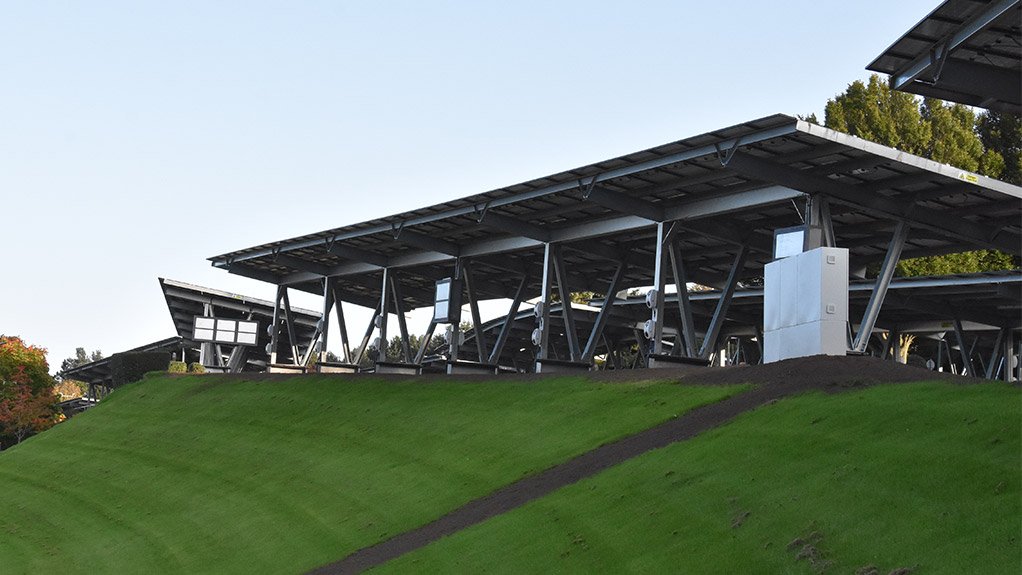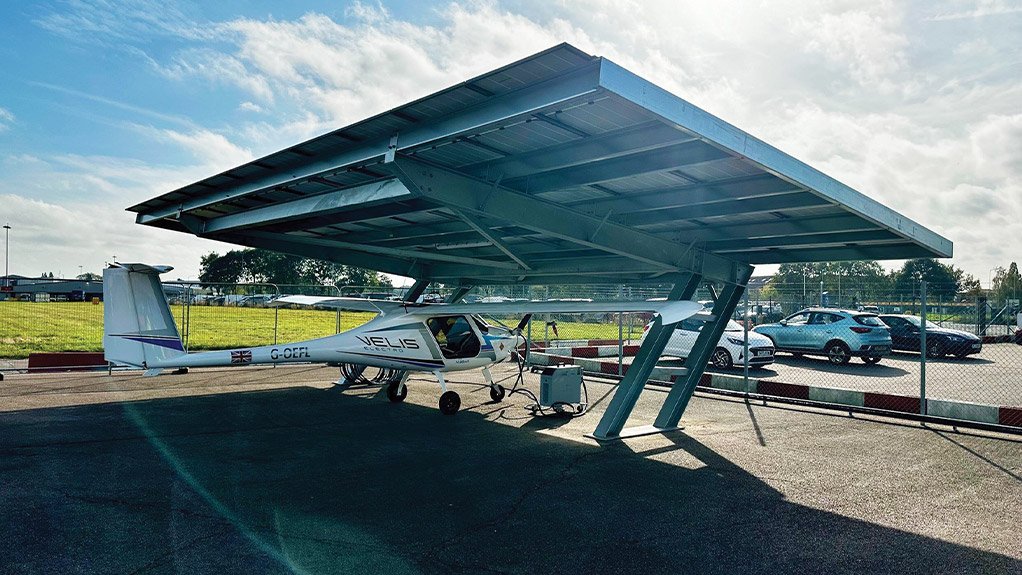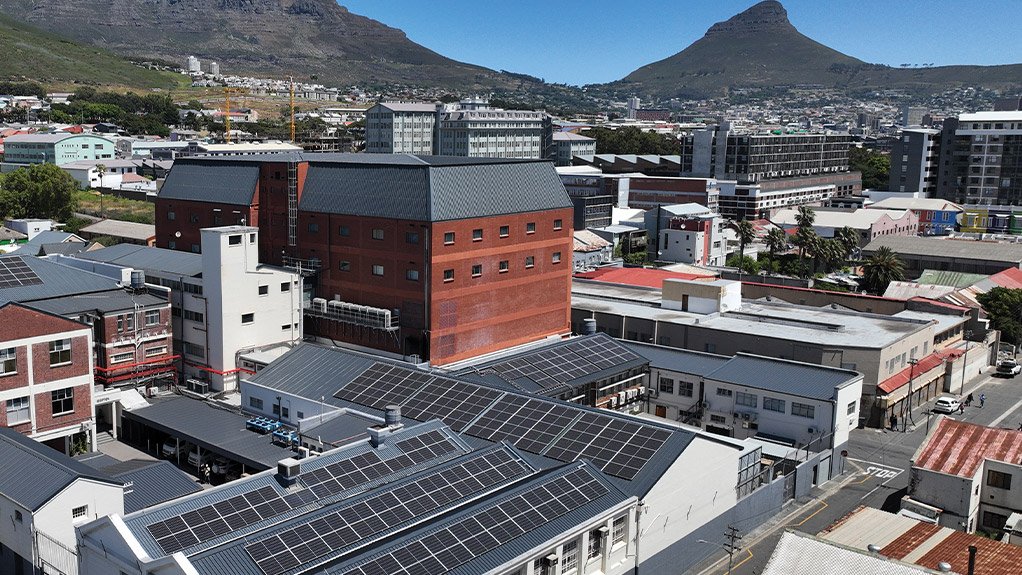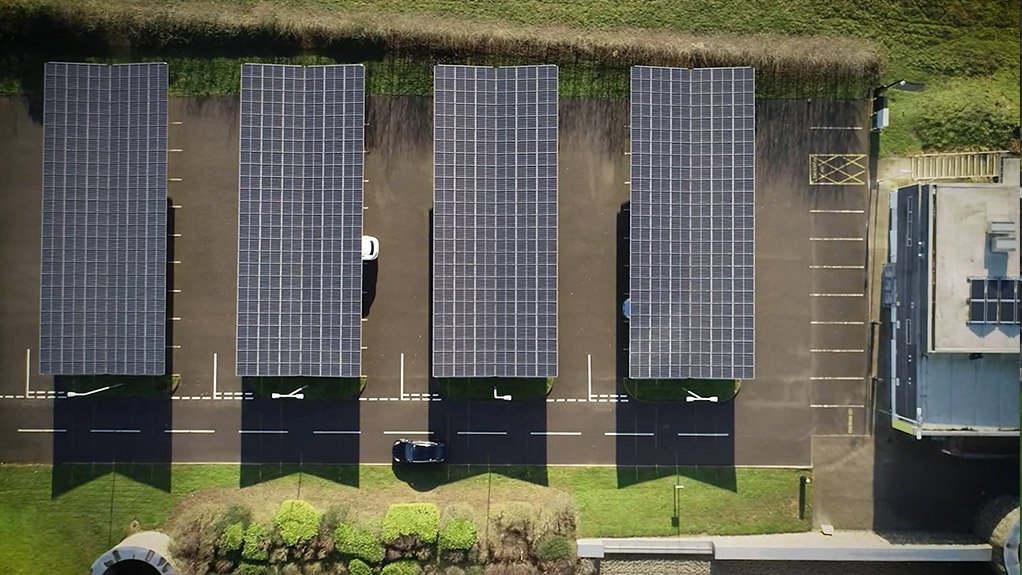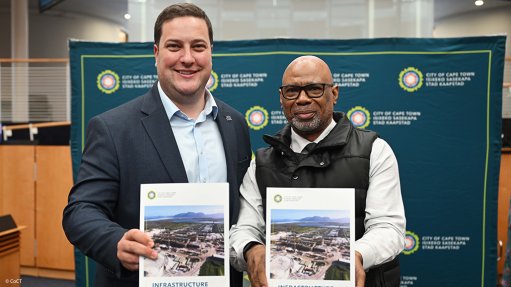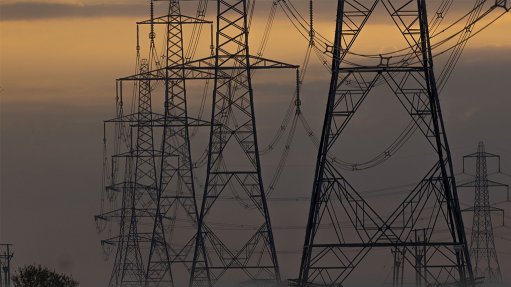Energy outlook in SA for 2025: Turning point for renewables, energy storage
South Africa’s energy landscape is poised for transformation in 2025, driven by regulatory changes, advancements in technology and the urgent need to address the country’s long-standing energy challenges. As the global focus on sustainability intensifies, South Africa must navigate a unique intersection of legacy infrastructure, growing energy demand and opportunities for renewable energy solutions such as solar power and battery energy storage systems (BESS).
SA’s regulatory landscape: A mixed bag of challenges and progress
South Africa’s regulatory framework is evolving to encourage renewable energy adoption in some areas and providing challenges in others. The South African government revised its Integrated Resource Plan (IRP), which outlines the electricity supply strategy until 2050, emphasising a diversified energy mix that includes coal, renewables such as solar and wind, and gas. The updated plan incorporates new data and assumptions and aims to address critical challenges such as grid constraints and decommissioning of coal units. Electricity stakeholders are keen on IRP certainty, given that the current IRP2019 is widely considered outdated. There are existing initiatives that signal the drive towards decentralised solutions, such as the Renewable Energy Independent Power Producer Procurement Programme (REIPPPP), a public-private partnership that aims to increase the country’s renewable energy sources by following a competitive tender process, and the amendment of Schedule 2 of the Electricity Regulation Act, that raised the licensing threshold for embedded generation from 1 MW to 100 MW.
Energy solutions provider RenEnergy Africa MD Claude Peters comments: “While there are some positive legislative movements, execution remains critical. The challenge remains that translating policy and targets into sustained action, will require significant investment in infrastructure, efficient processes and grid capacity. And from a socio-economic standpoint, there is a clear need for comprehensive planning to ensure a just transition.”
According to Peters, a key risk to the renewable energy industry is how electricity may be charged for in future. Higher fixed costs may disincentivise businesses from investing in renewable energy systems. Detailed financial modelling and the deployment of BESS can help to mitigate the impact. The complexity and variability of wheeling charges — the costs associated with transmitting electricity across the grid — add another layer of financial uncertainty. If wheeling tariffs are not carefully regulated, they could become prohibitively expensive, further discouraging private investment in renewable energy.
Developments shaping South Africa’s renewable energy landscape
The rise of solar energy
Solar energy will remain one of the cornerstones of South Africa’s renewable energy landscape in 2025. The country’s abundant solar resources, combined with declining costs of photovoltaic (PV) system components, make solar a compelling choice for businesses. The 12B tax benefit for solar projects continues to incentivise commercial and industrial investments. This allows businesses to deduct the cost of solar installations from taxable income, enhancing project feasibility. Solar carports and rooftop installations are starting to gain attention, particularly in sectors such as agriculture, retail and manufacturing, where energy-intensive operations benefit significantly from on-site generation.
The growing importance of BESS
Advancements in battery technology, decreasing costs and continued market understanding of the application of the technology, should drive greater adoption of BESS. Storing cost-effective energy such as solar or low-tariff grid energy for use in high demand times (referred to as time-of-use arbitrage) and ensuring consistent power supply during grid outages owing to factors such as aging infrastructure, maintenance, storms or vandalism provide clear cost and operational benefits. The combination of solar PV and BESS creates a powerful synergy.
Electric vehicles and the impact on energy consumption
The adoption of electric vehicles (EVs) in South Africa, while in its infancy, is expected to gain some momentum. The government’s push for EV-friendly policies, coupled with advancements in charging infrastructure, will contribute to this growth. In October 2024, President Cyril Ramaphosa announced preliminary plans to introduce tax rebates or subsidies to encourage EV adoption among consumers. The government’s White Paper on Electric Vehicles was released in December 2023, which outlines a roadmap for integrating EVs into South Africa’s transportation landscape, focusing on reducing greenhouse gas emissions and fostering economic growth through the EV industry. In addition, plans for dedicated EV taxi lanes in Cape Town highlight the potential for EV adoption to transform urban transport, reduce emissions and modernise public transportation.
However, the rise of EVs also introduces challenges for the energy sector, including increased electricity demand and grid capacity concerns. It is critical that renewable energy is deployed to support EV adoption.
Growing emphasis on decarbonisation targets
The growing adoption of decarbonisation/net zero targets and the increasing importance of environmental stewardship drive transition towards renewable energy solutions. Net zero targets in South Africa are set by a combination of international, national and private-sector initiatives. The South African government establishes targets through initiatives such as the Nationally Determined Contributions under the Paris Agreement, that encourage nations to commit to reducing greenhouse gas emissions and achieving net zero by mid-century. Many companies, especially those tied to international value chains, set their own net zero targets to align with global sustainability standards, driven by customer expectations, shareholder pressure and maintaining competitiveness in global markets.
Challenge breeds innovation
While South Africa’s energy landscape holds immense potential, challenges remain. Grid instability, bureaucratic inefficiencies and the slow pace of policy implementation may continue to hinder progress. However, these obstacles also present opportunities for businesses to adopt decentralised energy solutions that reduce reliance on the grid. By partnering with a trusted energy solution provider such as RenEnergy, businesses can navigate complex regulatory requirements, access innovative technologies and ensure long-term energy sustainability.
RenEnergy’s expertise spans from solar PV systems and BESS, to solar carports and EV charging infrastructure, to ongoing maintenance and system optimisation. With RenEnergy’s experience in integrating these technologies, it ensures customers can maximise their return on investment. “Our operations across South Africa and the UK allow us to bring a global perspective to local challenges,” says RenEnergy international brand and marketing manager Christine Bombal. “This synergy ensures our clients benefit from cutting-edge solutions and best practices tailored to their specific requirements.”
RenEnergy’s reputation for quality engineering and innovation is exemplified by its acquisition in 2023 by Aggreko, a global leader in energy solutions. This milestone reflects its commitment to delivering reliable, future-ready energy solutions that meet the highest standards, and gives it access to additional resources and skills. With over 12 years of experience, partnering with RenEnergy will develop a future-fit energy strategy.
Contact an expert energy consultant on Tel: 021 851 0685
Email: consultants@renenergy.co.za
Article Enquiry
Email Article
Save Article
Feedback
To advertise email advertising@creamermedia.co.za or click here
Announcements
What's On
Subscribe to improve your user experience...
Option 1 (equivalent of R125 a month):
Receive a weekly copy of Creamer Media's Engineering News & Mining Weekly magazine
(print copy for those in South Africa and e-magazine for those outside of South Africa)
Receive daily email newsletters
Access to full search results
Access archive of magazine back copies
Access to Projects in Progress
Access to ONE Research Report of your choice in PDF format
Option 2 (equivalent of R375 a month):
All benefits from Option 1
PLUS
Access to Creamer Media's Research Channel Africa for ALL Research Reports, in PDF format, on various industrial and mining sectors
including Electricity; Water; Energy Transition; Hydrogen; Roads, Rail and Ports; Coal; Gold; Platinum; Battery Metals; etc.
Already a subscriber?
Forgotten your password?
Receive weekly copy of Creamer Media's Engineering News & Mining Weekly magazine (print copy for those in South Africa and e-magazine for those outside of South Africa)
➕
Recieve daily email newsletters
➕
Access to full search results
➕
Access archive of magazine back copies
➕
Access to Projects in Progress
➕
Access to ONE Research Report of your choice in PDF format
RESEARCH CHANNEL AFRICA
R4500 (equivalent of R375 a month)
SUBSCRIBEAll benefits from Option 1
➕
Access to Creamer Media's Research Channel Africa for ALL Research Reports on various industrial and mining sectors, in PDF format, including on:
Electricity
➕
Water
➕
Energy Transition
➕
Hydrogen
➕
Roads, Rail and Ports
➕
Coal
➕
Gold
➕
Platinum
➕
Battery Metals
➕
etc.
Receive all benefits from Option 1 or Option 2 delivered to numerous people at your company
➕
Multiple User names and Passwords for simultaneous log-ins
➕
Intranet integration access to all in your organisation



